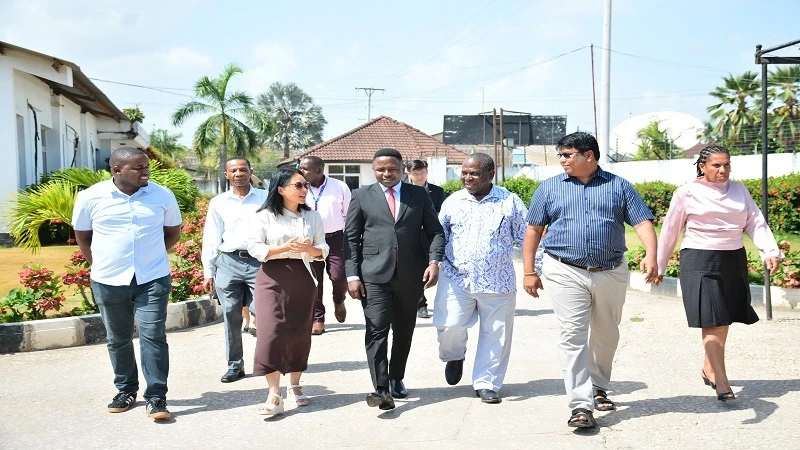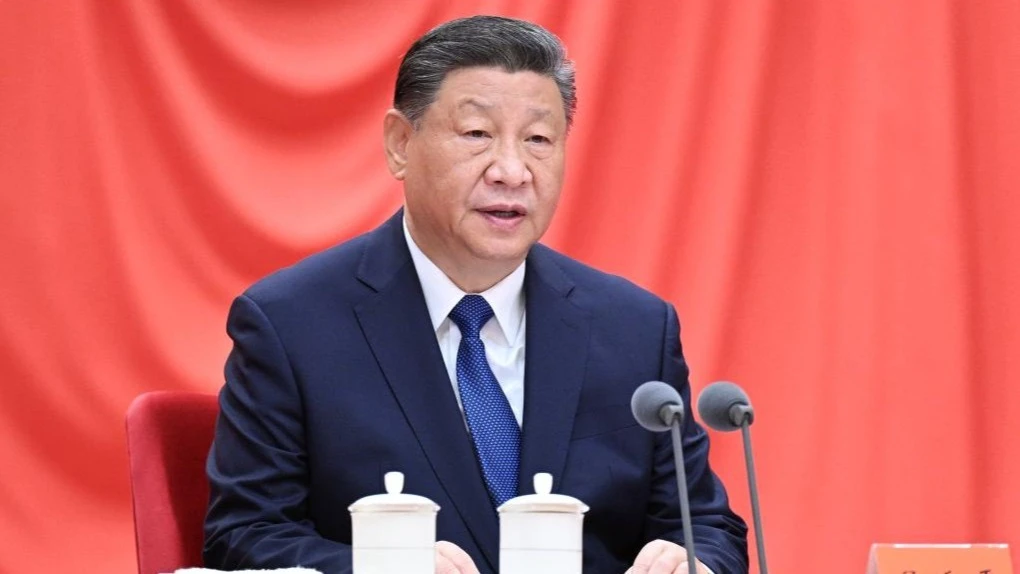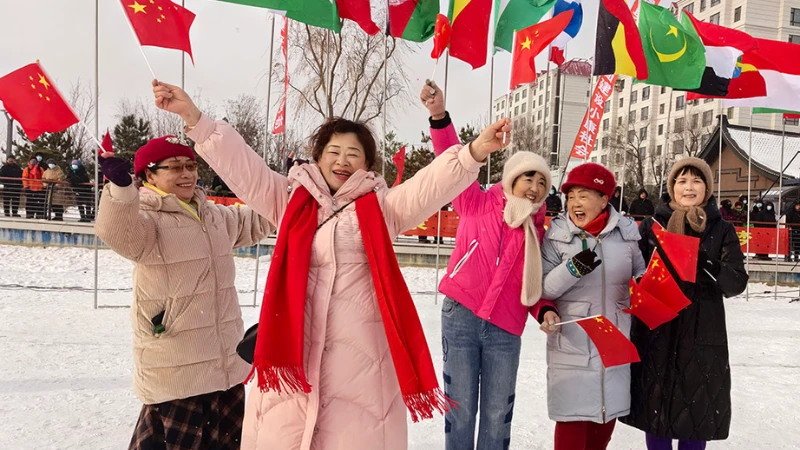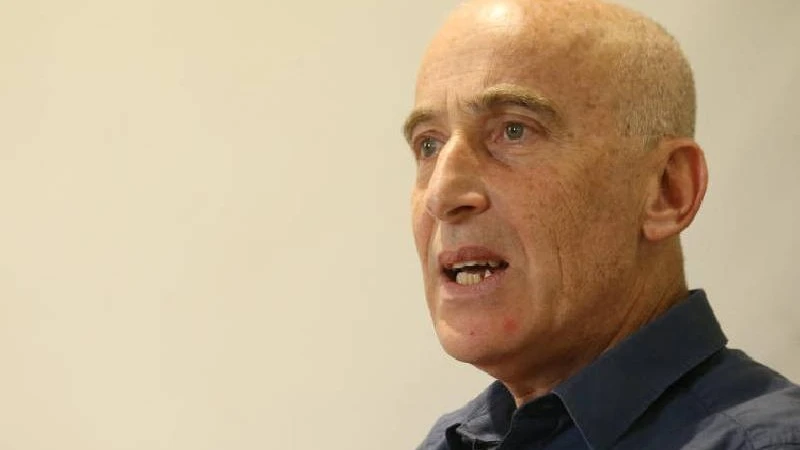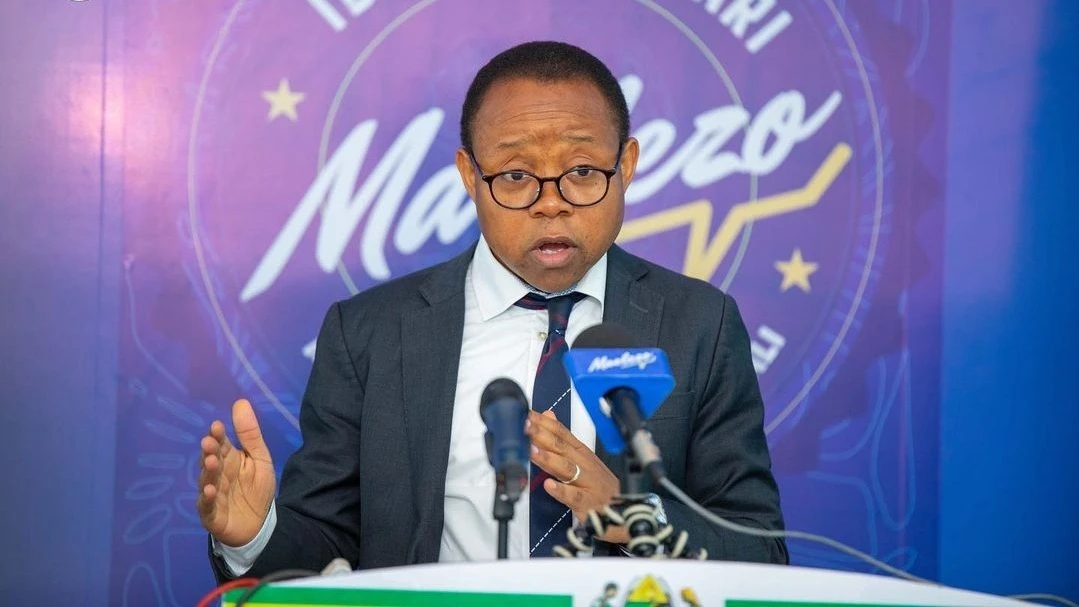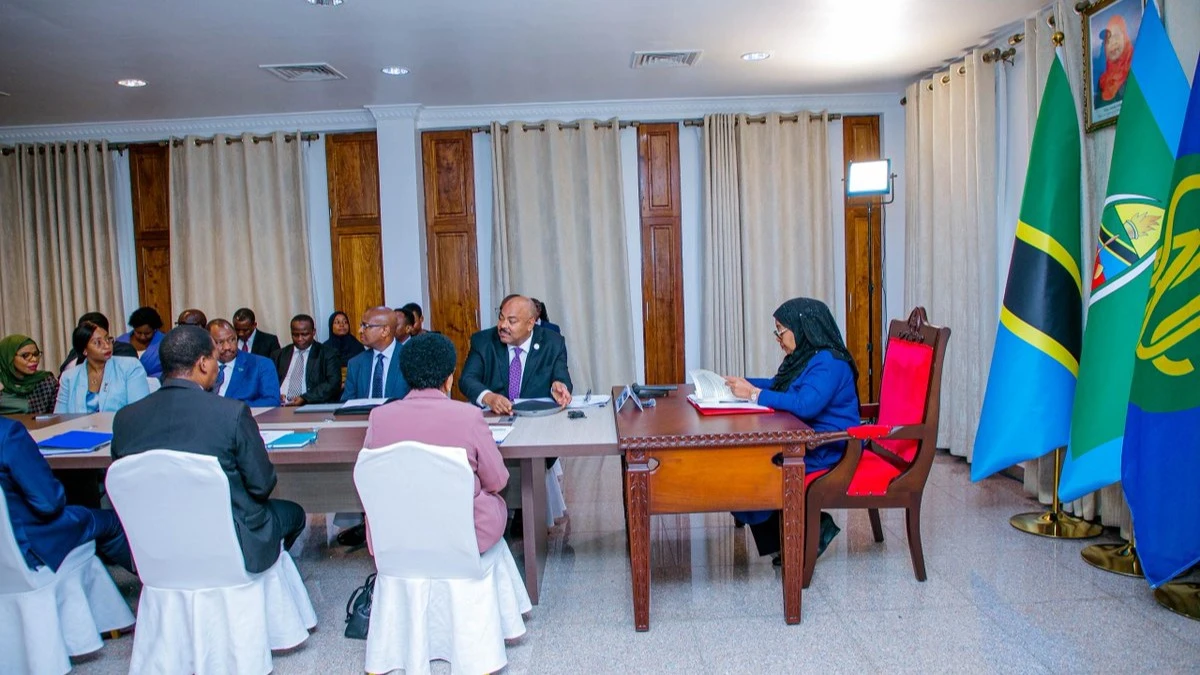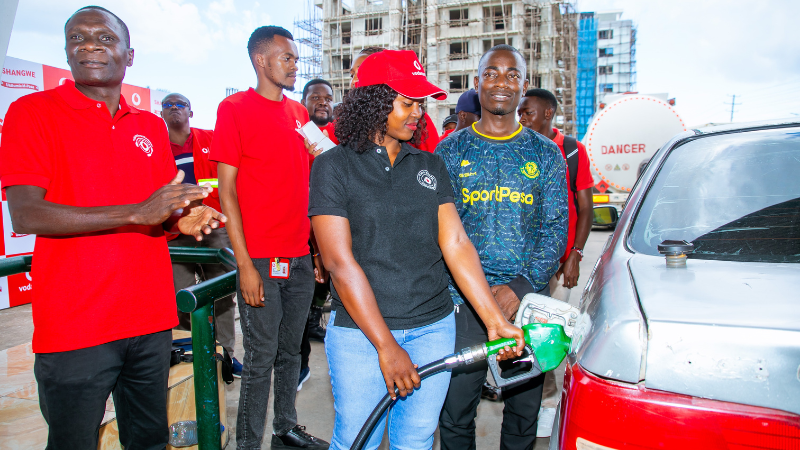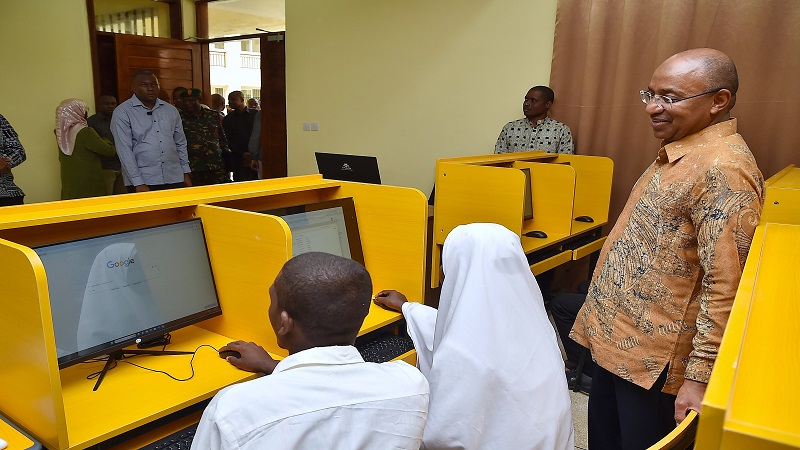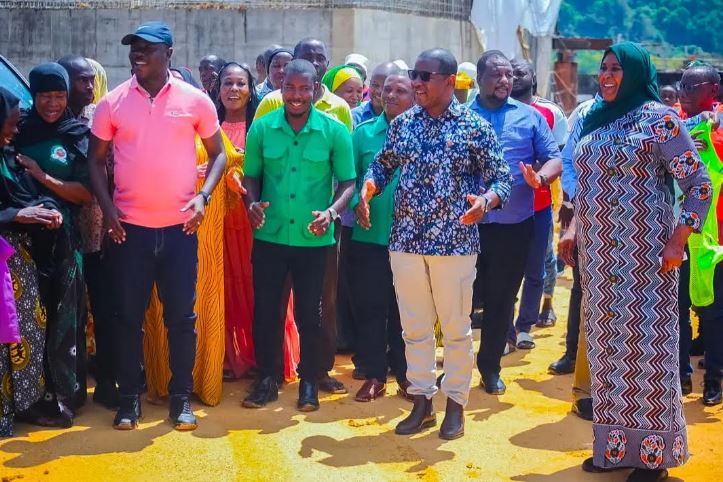EACOP becomes beacon of opportunity for Tanzania’s indigenous communities
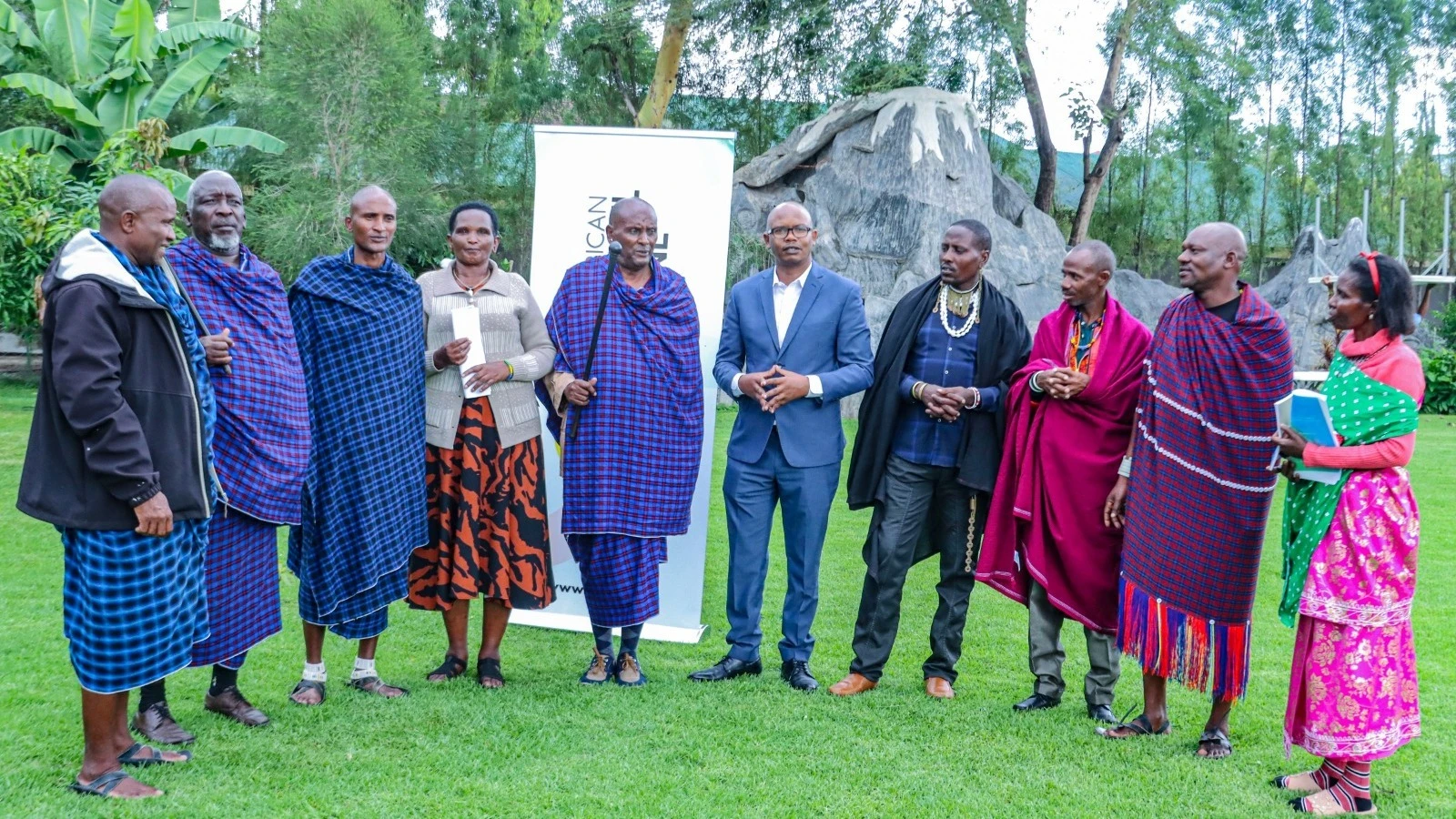
THE East African Crude Oil Pipeline (EACOP), stretching 1,443 kilometers from Hoima District, Uganda, to the Chongoleani peninsula in Tanga, Tanzania, is seen by many in Tanzania as a beacon of opportunity for the indigenous communities in the areas it traverses. However, EACOP is still striving to meet the expectations of both the two governments and the ethnic groups affected by the project.
In today’s world, when such large-scale projects are implemented, both governments and investors must be extremely careful. They must listen to people, particularly the concerns of indigenous groups, who are deeply connected to their ancestral lands, farms, and grazing areas.
When people, whether indigenous or not, feel unheard, problems in project implementation arise. In some countries, project assets have been destroyed, and workers have faced fatal attacks. Rather than being a blessing, such projects can turn into a curse.
The governments of Tanzania and Uganda, along with EACOP stakeholders, have learned from these experiences. They are doing their best to avoid the unpleasant incidents seen in other countries due to arrogance and mistreatment of vulnerable communities. In response, EACOP is implementing a special program designed to empower ethnic groups to play an active role in shaping their future as the project progresses.
EACOP officials argue that as the pipeline cuts through diverse landscapes and communities, it not only promises economic growth but also offers an opportunity for marginalized ethnic groups to actively shape their futures. They claim the project has already brought substantial opportunities aimed at improving the livelihoods of these communities.
One of the most notable initiatives is the agriculture and livestock awareness program, which provides indigenous groups with valuable skills and resources to improve their economic development. This program, alongside compensation packages for Project Affected Persons (PAPs), is specifically aimed at fostering long-term prosperity.
Fatuma Mssumi, EACOP’s social lead manager for Tanzania, emphasised the project’s commitment to enhancing the lives of indigenous communities through agricultural and livestock education.
“We are committed to empowering these communities by providing them with entrepreneurial skills and access to modern farming techniques. This is not just about compensation; it’s about improving livelihoods for generations to come,” says Mssumi.
The programme includes distributing quality livestock breeds and agricultural inputs, as well as providing expert guidance on soil health, crop selection, and land preparation. This initiative follows the compensation of people impacted by the project’s implementation.
EACOP is also bound by international standards and respects human rights protocols.
“After compensating PAPs, we are now enhancing their lives by providing entrepreneurial skills with the help of extension officers,” Mssumi explains. The compensation package also includes the construction of new houses for PAPs.
However, winning the support of ethnic groups requires robust consultation evidence. EACOP engages with and listens to ethnic group leaders in quarterly meetings. One such meeting was held in Arusha, marking the fourth and final quarterly meeting of 2024.
During this meeting, Yona Shing’adeda Gidabukushida, a traditional leader of the Watatoga community from Hanang in Manyara Region, reported that individuals in their community had already benefited from the empowerment program. Experts sent by EACOP have helped change their farming methods, leading to better harvests.
He also noted that while farmers had attempted to introduce improved livestock breeds, this initiative did not yield the expected success. He proposed that EACOP should assist them in securing semen stored in vials for use with their herds.
Shukuru Tuke Lemoringata, a livestock officer and secretary of the Maasai traditional leaders in Kiteto District, Manyara Region, expressed that substantial success might still be years away. “Most of us are pastoralists, and we take pride in having large herds, but this tradition is an impediment. We need to embrace modern livestock farming practices. Keeping large herds hinders productivity. We must change this mindset,” he argued.
Lemoringata also pointed out that livestock keepers do not always follow vaccination protocols, leading to preventable diseases. “We still have work to do,” he added.
Nonetheless, Lemoringata expressed gratitude to EACOP for its continuous support in various social aspects. He praised the quarterly meetings, noting that they allow communities to receive progress updates and provide a forum for discussing challenges and opportunities.
Monica Kilandi, a cultural leader from the Maasai tribe, praised EACOP for providing a platform that allows Maasai women to voice their concerns and participate in decision-making processes.
“The project has empowered our women. Traditionally, they had limited opportunities to speak openly. Now, we are able to discuss issues that affect us, which has brought a sense of pride and inclusion,” she said.
The Wa-akie community expressed appreciation for EACOP’s respect for their worship sites.
“We requested the project to help us obtain a traditional land ownership title for our worship site, and they have already completed the survey. Our cultural sites are something we truly value,” reported Naseliani Lembulisi Remama, a leader of the Wa-akie community.
The Wataturu community initially feared that the EACOP project would disturb their graves. “We were alarmed by the news of the upcoming EACOP project. We thought our graves would be disrespected. We discussed various scenarios,” recalled Elder Shingalila Kishaida Mniri. However, after informing the EACOP team of their cultural practices, the pipeline route was adjusted to avoid disturbing their burial sites. “The graves are intact,” he said. The community is grateful to EACOP.
Petro Mayomba, a leader from the Barbaing community, passionately urged delegates to unite in preserving the project’s assets. “As indigenous people, we are among the beneficiaries of this project. It is essential for us to protect these assets, both for our benefit and for the nation,” he explained.
This call reflects a shared recognition of the economic opportunities and a collective responsibility to ensure the sustainability of the EACOP project.
Dr. Elifuraha Laltaika, the EACOP project advisor for indigenous communities, expressed satisfaction with the project’s commitment to maintaining ongoing relationships with ethnic groups. The reason for meeting quarterly is to ensure continued dialogue and cooperation.
“For the project to succeed, it requires the active involvement of surrounding communities. The ongoing dialogue through quarterly meetings is essential to identify areas of cooperation and address any challenges or opportunities that arise,” Laltaika said.
In Tanzania, the pipeline covers 1,147 kilometers, passing through eight regions and 24 districts. These regions and their respective districts are Kagera (Bukoba Rural, Muleba, and Biharamulo), Geita (Chato, Geita, Bukombe, and Mbogwe), Shinyanga (Kahama Urban), Tabora (Nzega Rural, Nzega Urban, and Igunga), Singida (Iramba, Mkalama, and Singida Urban), Dodoma (Kondoa and Chemba), Manyara (Hanang and Kiteto), and Tanga (Kilindi, Handeni Town, Handeni Rural, Korogwe, Muheza, and Tanga Town).
The shareholders are TotalEnergies, which holds 62per cent, while the oil development companies (TPDC – Tanzania and UPDC – Uganda) each own 15 per cent, and China’s CNOOC holds 8 per cent of the project.
Top Headlines
© 2025 IPPMEDIA.COM. ALL RIGHTS RESERVED











